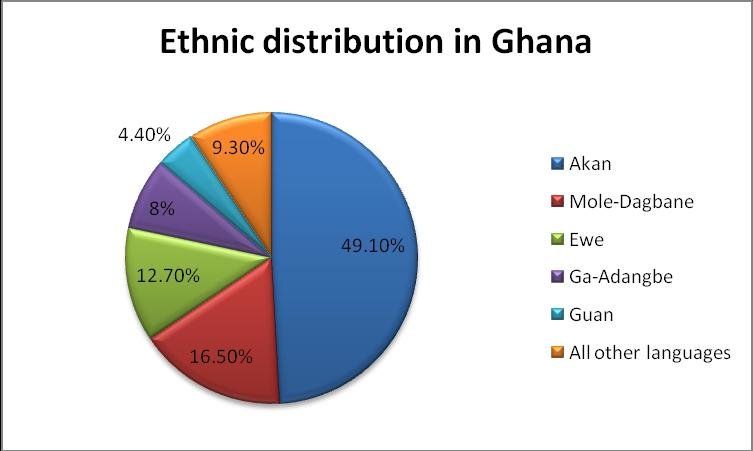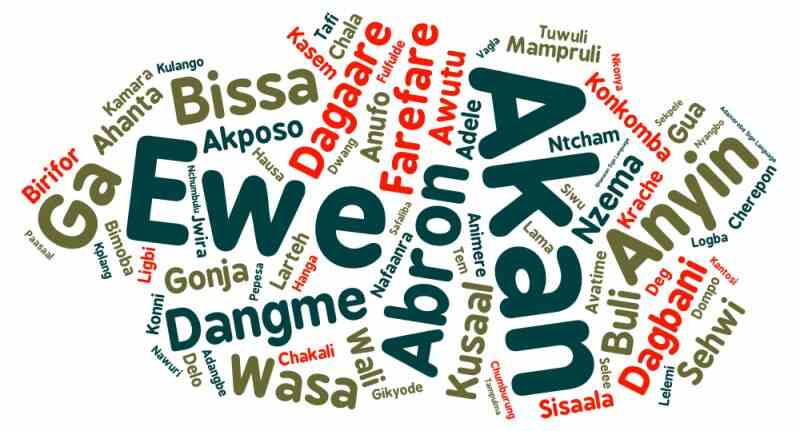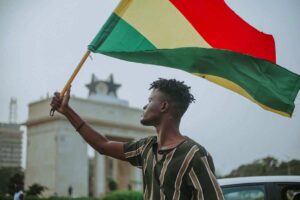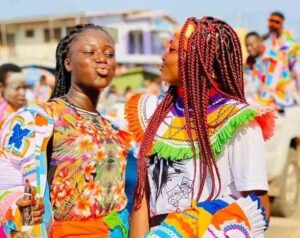If you have been searching for the languages spoken in Ghana, this post will serve you well. Ghana is located on the west coast of Africa. With a population of just about 32 million and a land size of 238,533 km², it can safely be considered a relatively small country, compared to more populous neighbors like Nigeria.
However, the country is home to several languages spread across the length and breadth of the country. It has over 100 ethnic groups with peculiar languages.
We will also look at some historical aspects and their prominence in the general Ghanaian society and culture. In this post, we will take a closer look at the various languages spoken in Ghana and their importance.
The Most Widely Spoken Languages in Ghana

The most widely used languages in Ghana are covered in this section, including:
- Akan: The Akan people, who make up about 47% of Ghana’s population, are native speakers of Akan, which is the most commonly spoken language in Ghana. Ivory Coast and Togo are two other West African nations where Akan is spoken.
- Ewe: The Ewe people, who comprise about 14% of Ghana’s population, speak Ewe. Other West African nations like Togo and Benin speak Ewe as well.
- Ga-Adangbe: The Ga-Adangbe people, who constitute about 8% of Ghana’s population, speak the Ga-Adangbe language. The Greater Accra Region of Ghana, Togo, and Benin are all home to speakers of the language.
- Dagbani: The Dagomba people, who represent about 16% of Ghana’s population, speak Dagbani. Burkina Faso and the Northern Region of Ghana both have native speakers of the language.
The Significance of Languages in Ghana
Languages have a high cultural value in Ghana and are a representation of the nation’s rich history. The languages spoken in Ghana are used not only for communication but also for cultural activities like storytelling, traditional music, and dance.
The Importance of Preserving Ghana’s Languages
Many of Ghana’s regional languages face extinction due to the rise of globalization as well as the widespread adoption of English as a world language. The loss of these regional languages would result in a loss of sense of culture and tradition because language is an essential component of cultural heritage.
Also read: Discover the Best Things to Do in Ghana on Your Next Trip!
FAQs
How many languages are spoken in Ghana?
More than 100 different ethnic groups can be found in Ghana, each of which has its own language and dialect. Akan, Ewe, Ga-Adangbe, and Dagbani are among the most widely used languages in Ghana.
Is English spoken in Ghana?
The majority of people in Ghana speak English, which is the official language of the country.
Are there any efforts to preserve Ghana’s local tongues?
Yes, there are a number of programs in place to protect the indigenous languages of Ghana, including language learning centers and cultural institutions.
How many languages are spoken in Ghana?
Ghana is a multilingual nation with more than 80 different languages being spoken in each of its 16 regions. English, which was once the official language under colonial rule, is still widely used in business and education. Akan, Ewe, Ga, and Dagbani are some of the indigenous languages most commonly spoken in Ghana.
Conclusion:
As you’ve seen, Ghana has many different languages like other West African countries. We have seen some prominent examples and their significance on the people and the country. These languages give the country and its people their unique identity.
If you are planning to visit Ghana, you would certainly be met with one of these languages or the other depending on where in Ghana you decide to stay. Surely, you will pick a few vocabularies of the common languages spoken in Ghana if you do well at learning languages.



